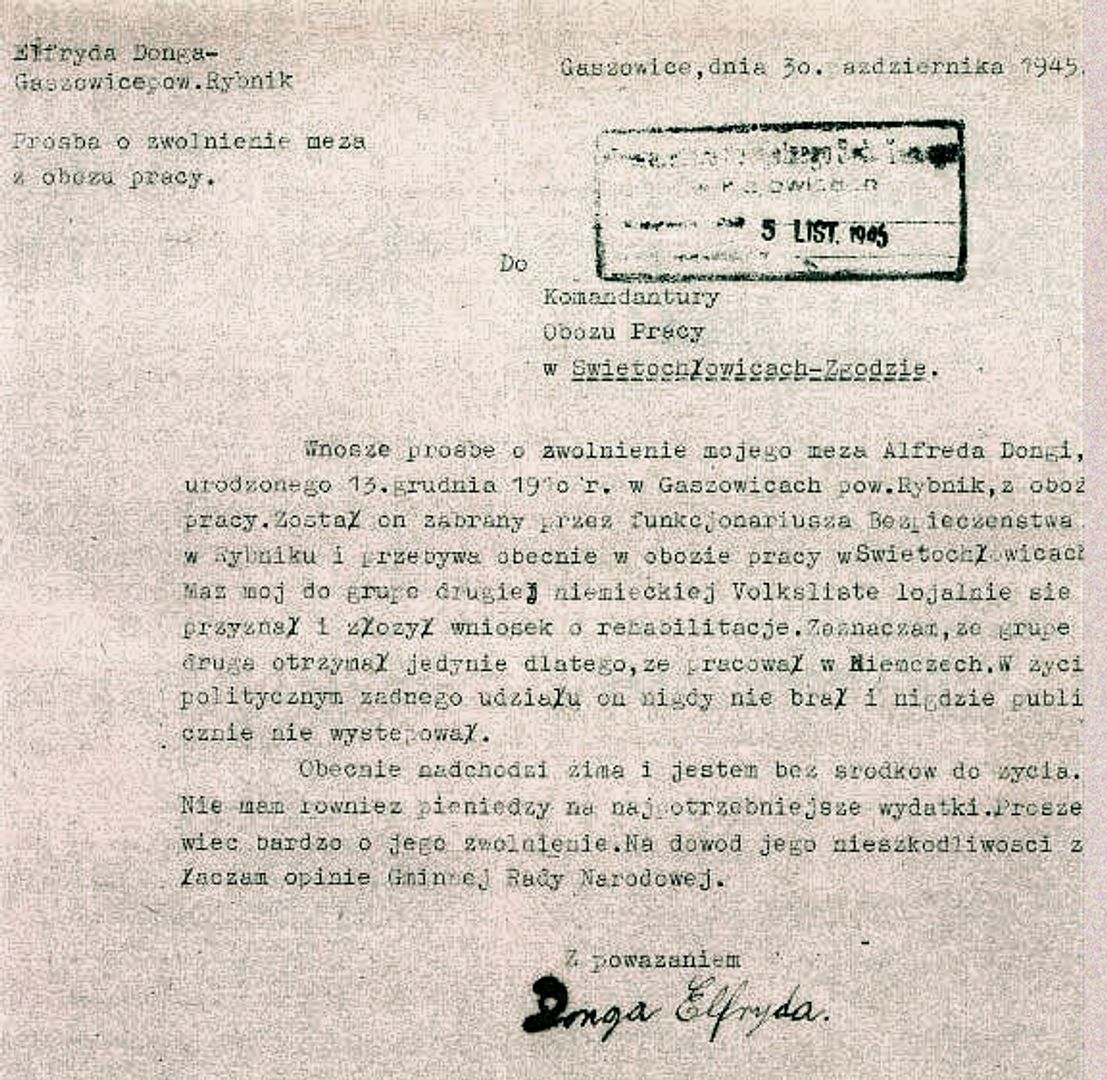Zgoda Camp
6

Overview
The Zgoda labor camp, which operated from February to November 1945, was a place where many people from various ethnic and political groups were detained. After the end of World War II, the authorities of the People's Republic of Poland, subordinate to the Ministry of Public Security, established a labor camp on the site previously used as the German subcamp of the Auschwitz concentration camp, KL Eintrachthütte. The camp was commanded by Salomon Morel, who was later accused of crimes against humanity. The camp held Germans, Poles, Jews, Ukrainians, and people from Upper Silesia, accused of signing the Volksliste or resisting the communist authorities. Living conditions in the camp were catastrophic—starvation was rampant, diseases such as typhus and dysentery were widespread, and sanitary conditions were unbearable. Mortality rates due to the sanitary system were tragic, and epidemics caused a high number of deaths. Repression against prisoners was extreme; detainees were brutally treated and, in some cases, killed. The camp witnessed bloody events, including suicides and escape attempts. The intervention of a commission from Warsaw in October and November 1945 resulted in the release of prisoners, although they were forced to sign pledges of silence. The final number of prisoners in the camp was at least 5,764, nearly one-third of whom did not survive, with the Institute of National Remembrance (IPN) documenting 1,855 deaths. The Zgoda camp has also found its place in culture, particularly in the feature film "Zgoda," in which the character of Salomon Morel was played by Wojciech Zieliński. Interestingly, Morel himself defined his reasons for such brutal treatment of prisoners, making this history not only dramatic but also difficult to comprehend in the context of human emotions and historical justice.
Location
2026 Wizytor | All Rights Reserved